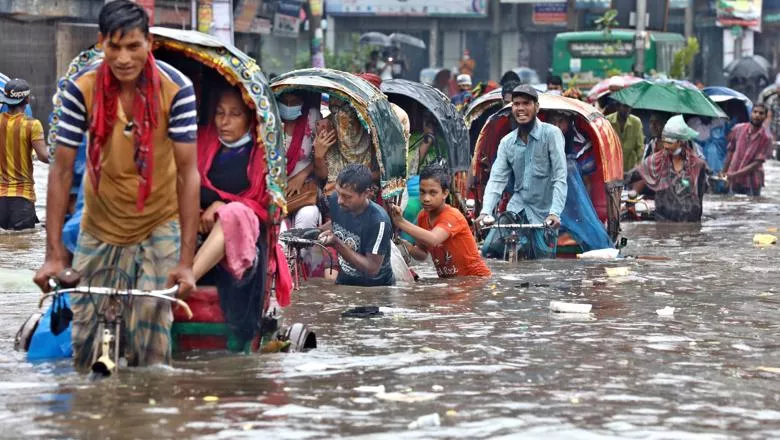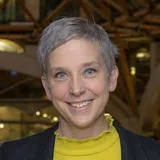If all the Sustainable Development Goals are to the achieved, then public policy and the associated development finance need to ensure benefits to wellbeing and ecological sustainability. There needs to be research, policy support and practice to make sure we maximise opportunities for adaptation to enable mitigation, and for mitigation to be climate risk proof and enable adaptation more generally.
Professor Mark Pelling, Professor of Geography and IPCC Lead Author
05 April 2022
Helping humanity limit global warming can enable adaptation too, urges King's IPCC expert
The latest Intergovernmental Panel on Climate Change (IPCC) report outlines what the world can do to mitigate climate change – that is, what we can do between now and 2030 to limit global warming.

The study includes methods to restrict the greenhouse gases that are warming the planet, such as a widespread use of carbon removal technology.
However, ramping up projects that favour large-scale, finance and technology solutions risks further alienating local populations from decision making and could lead to “considerable consequences”, says Professor Mark Pelling of the Department of Geography.
The Coordinating Lead Author on the last IPCC report says that adaptation and mitigation projects can provide “an opportunity to democratise decision-making through inclusive, open and informed decision-processes.”
This might also promote decentralised and networked approaches to energy provision and livelihood and food security.
To achieve this, adaptation and mitigation planning and delivery needs to be inclusive of diverse social viewpoints, including the experiences of different livelihood and income groups, of men and women, migrants, children and indigenous populations.
The new study is the third of three important documents from the IPCC issued over the past eight months. The previous two have looked at the causes and impacts of climate change, while this one focuses on mitigation.
The IPCC reports include summaries of the latest science, produced every six or seven years, which are used by governments in their negotiations on climate change, such as those that took place at COP26 last November.
King’s has three Lead Authors working on the IPCC Assessment Reports: Dr Tamsin Edwards contributed her expertise to first report, and Professor Mark Pelling and Dr Helen Adams contributed their expertise to the second report.



